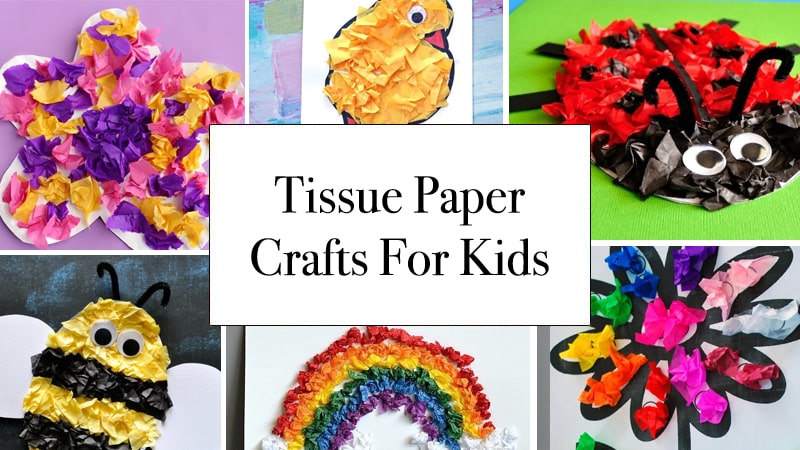
A jigsaw is a great way to help kids develop their fine motor skills as well as hand-eye coordination. They can also help with character building and cognitive development. Here are some reasons puzzles can be a great way for you to learn:
Improves cognitive development
A jigsaw puzzle can be a great way for children to develop their fine motor skills. This activity helps children develop shape recognition skills and memory. Putting together a puzzle requires a lot of concentration. Puzzles can take many attempts before a child succeeds. This helps kids to be patient. It's also an excellent way to practice logical thought.
Children learn to identify different shapes and colors, which can help them solve the puzzle. The pieces may be rotated until they match the picture. Children can learn to solve puzzles by using their spatial skills. This is vital for learning how to drive a car and read maps. Children who work in teams develop the ability learn how to solve a puzzle in an logical way.

Enhances hand/eye coordination
The process of putting a jigsaw puzzle together helps children develop their problem-solving and hand-eye coordination skills. They have to carefully place each piece in the correct spot. This helps them develop an independence and self-worth. Parents should limit their involvement when they are teaching their children how to assemble the puzzle. While it is better to let your children lead the way, it is fine for you to give a hand if you need it.
Jigsaw puzzles are a great way to develop finger muscles in children, which is crucial for handwriting. When children practice handwriting, they use these same muscles to hold the pencil. Additionally, children can improve their attention span by solving jigsaw puzzles. A jigsaw puzzle for children will help them focus.
Develops fine motor skills
A jigsaw puzzle for kids is a great way to encourage problem solving skills while developing your child's hand-eye coordination. Jigsaw puzzles are a great way to teach patience, problem solving and critical thinking. It's also a great way to communicate with your child and give positive reinforcement. This is an excellent gift and one of most commonly used types of puzzles.
Because they are fun and encourage creativity, jigsaw puzzles are loved by many children. These puzzles encourage problem-solving and improve memory, which is a critical part of childhood development. Children learn to work together. Your child can have fun and learn new skills, no matter if they are working alone or in a group. Jigsaw puzzles will encourage cooperation with other children.

Promotes character-building
A jigsaw puzzle for kids helps develop fine motor skills, which are the coordination of small muscles. Children learn to pinch, rotate, and catch puzzle pieces so they fit together properly. They also develop hand eye coordination. They are able to pay close attention to details and locate the right piece in a puzzle. They can use logical thinking and problem-solving strategies while working on the puzzle.
Choose a challenging jigsaw puzzle when choosing a puzzle for children. If the puzzle is difficult, you may want to offer a few easier puzzles. Teachers may want to keep a rotating collection of puzzles to encourage children to build their skills with help. Jigsaw puzzles promote positive character traits in children. Puzzles can be used at home or in the classroom.
FAQ
How do you get started with your new hobby or interest?
To start a new hobby, you must first decide what type of activity you would like to do.
After you've decided on your subject, it is important to feel passionate about it.
It is essential to understand the reasons you want to start a hobby. This will help you find direction and a purpose.
Once you have determined what hobby you wish to pursue, you can plan your next steps.
Consider the equipment that you will need.
Consider whether classes or seminars are necessary.
Make sure you have enough space for your hobby.
Consider joining a club, or group. These groups can offer support and guidance.
Think about how much you'd need to spend on your hobby.
What are good hobby ideas?
The best hobbies are those that you enjoy doing for yourself. If you love what you do then you'll find it much easier to keep going. You will have a reason when you feel sick or tired.
Hobbies that we all know and love include gardening, painting and crafts, photography, cooking, sports and games, reading, music, film-making, collecting, cycling, walking, dancing, writing, playing instruments, etc.
Consider volunteering at your local animal shelter, charity shop, hospice, children's hospital or hospice, elderly care home, school center, church, or community center.
Suppose you're looking for something more adventurous. Take up skydiving or rock climbing, parasailing, parasailing and paragliding.
There are many other ways to spend time outside. You can go cliff diving, cave tubing or snowshoe hiking, snowshoeing or snowkiting.
What are observation hobbies?
Observation hobbies allow you to observe others doing the same thing. They might include watching sports, reading books, going on holiday, etc. It could also include observing others.
Observation hobbies are great because they help you learn how to think creatively. You can draw on this knowledge later, when you work on projects for others.
You will discover that learning is easier when you are interested.
You might watch or read about football to learn more. If you want to learn more about photography, you could take or visit exhibitions.
If you like to play music, you can either learn the songs online or get a guitar.
If you love cooking, you can either cook your meals at home or order from a local restaurant.
If gardening interests you, you could plant vegetables or flowers.
If you like dancing, you could join a dance class or go out with friends.
If you like painting, you could paint pictures.
Write poetry and stories if that is what you love to do.
If you like drawing, you could draw pictures.
If you have a passion for animals, you might be able to look after them or work in a zoo.
If science is your passion, you might choose to study biology or chemistry.
If you like history, you could read books, watch films or listen to podcasts.
You could explore the world or travel to places you love if you are a lover of traveling.
Statistics
- This 100% accurate personality-analyzing hobby quiz discovers your passion based on your characteristics. (quizexpo.com)
- The Role of the Mind in Sex, Dating, and Love: Men in the “humor” condition received phone numbers from 42.9% of the female participants and were refused 57.1% of the time. (time.com)
- In comparison, men in the “no humor” condition were refused 84.6% of the time and were only accepted 15.4% of the time. (time.com)
- Studies show that just six minutes of reading can reduce stress levels by 60 percent. (oberlo.com)
- The intensity of the dialogue partners' bond at the end of the forty-five-minute vulnerability interaction was rated as closer than the closest relationship in the lives of 30 percent of similar students. (time.com)
External Links
How To
How to begin woodworking
There are many methods to get started with woodworking. You can work by hand, power, or both. The most common tools are saws, drills, sanders, and routers.
Once you decide what kind of project you want to build, you should choose the right tool for the job. You might buy a table saw and drill press if you want to make furniture. You will probably only need a circular, miter, and band saw to build a picture frame, or cabinet.
You can always ask the staff at your local hardware store to help you choose the right tool for you. You can also visit websites that specialize in this hobby. These websites often offer helpful tips for how to purchase the right tools.